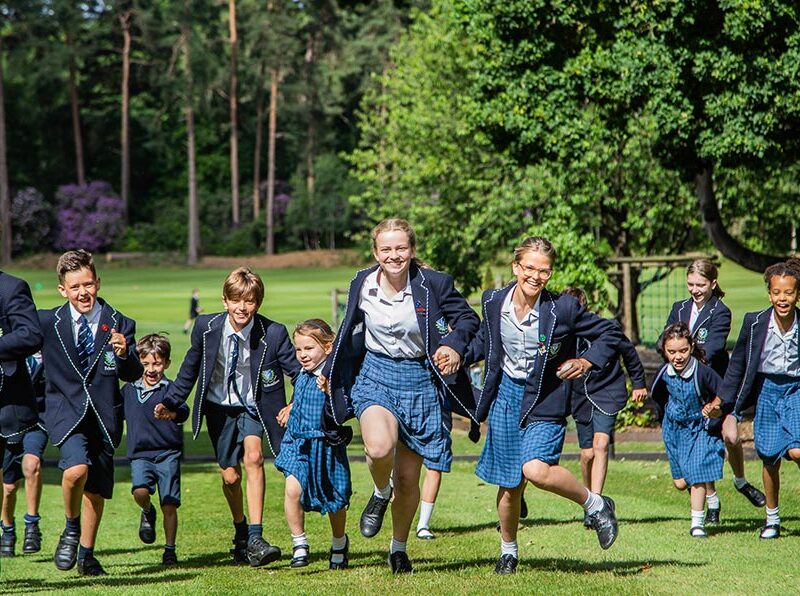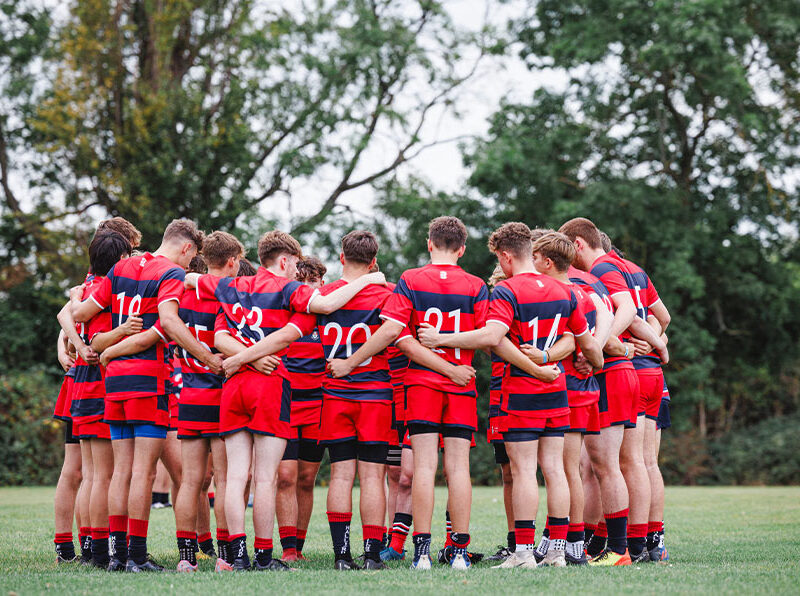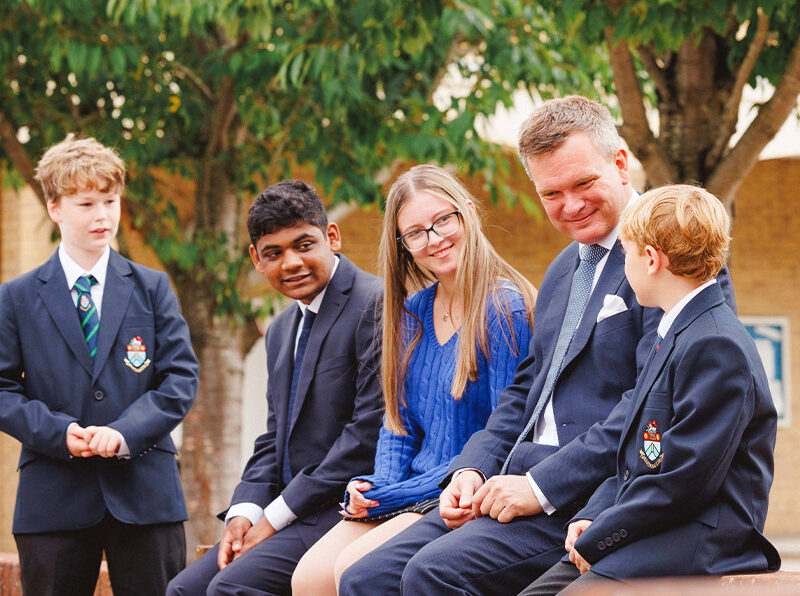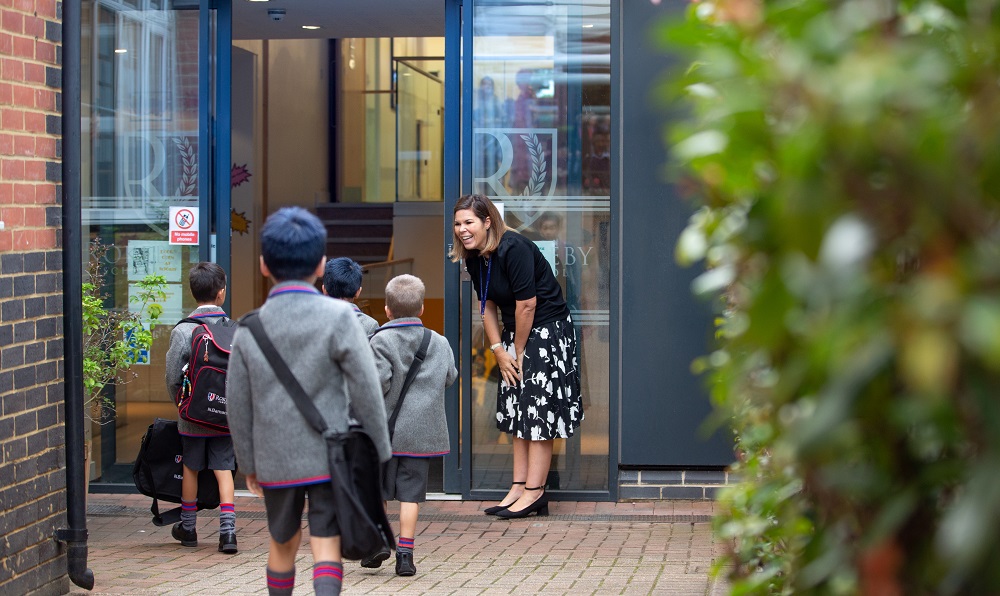
Selective Vs. Non-Selective Schools : The Debate
Selective Vs. Non-Selective Schools : The Debate
A guide to finding the right environment for your child to thrive
Choosing a school can be a minefield – single sex vs co-ed? Boarding or day school? Very academic or a broad curriculum with more vocational subjects on offer? That’s before we even get into the selective vs non-selective schools debate and the whole process of whether your child will actually get in the school of your dreams…
So where do you start? Broadly speaking, a selective school, private and state grammar, offer places based on a child’s ability, usually academic. There’s also the super-selective schools, who cream off the brightest brains academically in the country.
Many prep schools are non-selective, but at secondary level, there are only a handful. Some argue there are no truly non-selective schools at this level at all, because there are usually more applicants than places, and they have to whittle down the numbers somehow and this is usually done on the basis of the 11+ exams. However, academic ability is not the only way in, with some schools considering pupils based on skills in areas such as art, music or sport. Others select based on religion, or might offer places based on siblings being already in school.
At prep level, the best approach is to look at both selective and non-selective to see which is best for your child. Rokeby’s head of Lower School, Lucia Sanderson, explains its approach as a non-selective school that offers a continuous education for boys from 4 to 13: “I believe children develop at different stages. They learn in a variety of ways and at different rates, so assessing a young child is not always accurate. Young children can find it difficult to sit still and they change from day to day. This changeability can be hard to capture. When the boys start at Rokeby we focus on the important skills such as self-confidence, a desire to learn, willingness to cooperate with others and developing their independence. If they love their school, feel secure and enjoy learning the rest will follow.”
“Selective or not, parents want the very best for their children and that is a school that will recognise their child as an individual and support them in their learning journey. The best indicator is the end result. Our Year 8 boys are Rokeby’s best ambassadors – smart, skilful and kind.”
Potential can be developed as children start to show an aptitude in certain areas. Notes The Mall School head David Price: “Three quarters of our current Year 6 are in the top 10% nationally for English, maths and reasoning. These are very impressive results for our boys, many of whom joined us in Reception where we are non-selective.”
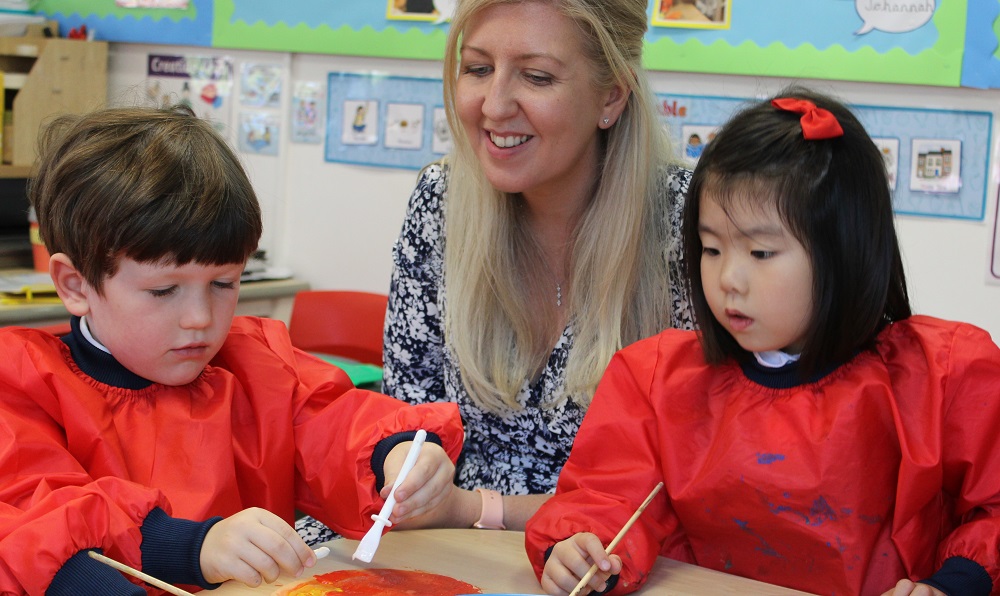
Many prep children that start in nonselective schools do go on to selective schools at secondary level. Explains Vicky Ellis, Head at The Study Prep: “Our results speak for themselves, the majority of our girls go on to very selective senior schools, in fact we had a record number of places offered this year, along with 40 scholarships across academics, sports and the arts, which is a testament to how our girls are encouraged and taught.”
Vicky Ellis agrees that it is hard to gauge future potential at prep level: “Children don’t develop on a steady trajectory, and have different strengths and personalities and develop at different speeds. Also, if they’re not academic at age 3 it doesn’t mean they won’t be academic at 10 or 16.” A non-selective school is also more representative of reality, she argues. “We have those who might be great at maths but not so confident in the arts. And vice versa. In life, we have and need those who are mathematicians and scientists and those who are painters and designers.”
“And while academic success matters, what our children will need going forward is a breadth of skills, including resilience, flexibility and communication skills. 2020 could not have highlighted this more.”
The Rowans School is selective from Reception, with the aim of ensuring a good fit between pupils and the school’s ethos. Explains Elizabeth Spratt, Head Elect: “We place great emphasis on building a strong partnership with families from the very first visit so that we can all work together to guide their child successfully through their formative years. Selection for places in our Reception classes (4 to 5 years of age) is based on a child’s potential to thrive in our school environment, which is established through an Observed Play Session, as well as a report from their current nursery, if they attend one. Occasional places arise from time to time in the older year groups and these are offered subject to an assessment session and a report from the child’s current school.”
Making key decisions about your child’s education? Click here for the Time & Leisure Schools Guide
Elizabeth Spratt advises: “When parents are looking for their child’s first school, their child will likely still be very young so they may only know a little about their character or learning dispositions at this stage. Each child will develop as an individual and at varying rates, therefore in this first stage of education we encourage parents to focus on choosing a school that fits with the core values they promote as a family and one which will offer a broad range of opportunities to develop the whole child, both in terms of their character and their academic progression.”
Canny parents who want to avoid the heartache at the 11+ stage, opt for private schools that can take their child through both their primary and secondary years. “The child will still be tested at 11 but a school that has looked after your child – and taken your money – from a young age is unlikely to turn you away after all that time, unless it really feels that it can’t support your child properly going forward,” says independent education consultant, Arabella Davies.
The rest face the 11+ exams to get into their secondary schools of choice, which focus on verbal reasoning, non-verbal reasoning, maths and English. It’s a cruel world – many bright children just don’t work in this way, or maybe they can’t cope with the pressure of the exams or haven’t been tutored in how to tackle these specific papers.
And many families have their heart set on this route to attain a place at a selective or super-selective school. Such schools are held in high esteem and there is, of course, the prestige that goes with getting your child in. There’s also the argument that your child will be among others with a similar level of ability and a keenness to learn. Key though is that your child will reach their full potential academically. However, they can be extremely competitive (and not just among the kids) and pressured and while some children thrive on this, others wilt.
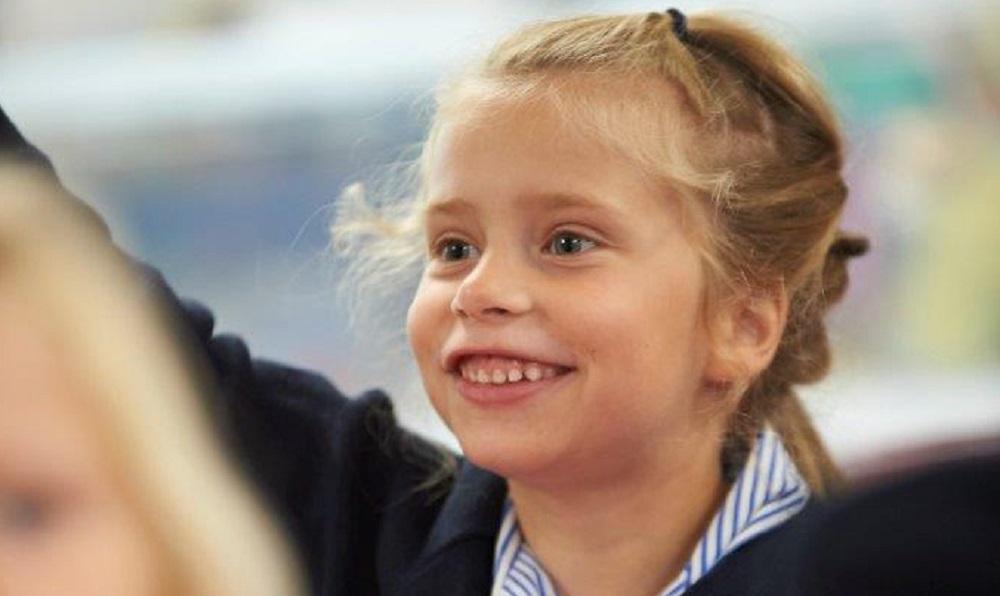
So, assuming they can make the grade, is it right for your child? Advises Arabella: “I always start by asking parents what they want out of education. Most say it is academic success but then I ask them why. I want them to say it is because they feel that their child is up to the challenge but it’s often because they want them to go to Oxford and they have a certain career mapped out for them.”
Arabella warns that what parents want can be at odds with what is best for their child – a less selective school may prove a better match as well as standing the child in good stead for their future. “There’s probably only three careers that you need a really academic background for. Most careers don’t even exist today that our children will be doing.”
“The trouble is that our education system was designed 120 years ago with the curriculum based on the 3Rs. But what future employers are looking for is someone who can communicate, is a team player, who is resilient and flexible.”
“With less selective schools, you still have to pass your exams in academic subjects but often the curriculum is broader, which better prepares children with life skills that employers will be seeking.”
In a blog for The Times, Andrew Halls, head of King’s College School, Wimbledon, discusses the issues when a child doesn’t pass the 11+. He writes: “Sometimes the school that parents think was the perfect fit for their child simply isn’t. Headteachers of very academic schools all know that academically much weaker boys or girls who have gained a place, perhaps after intensive tuition or sometimes special pleading, are at high risk of an unhappy school career.”
This 11+ bombshell can be constructive. He says: “A school that had barely been considered before swims into view, and bit by bit, a family realises it might fit their child far more completely. In this way, cruel
and hard-edged though the 11+ can be, it can also help parents find the school where their child can thrive, fulfil themselves – and be happy.”
Adds Ms Janssen, head at Parkside School, Cobham: “Although choosing a school is a difficult decision, the best advice is to trust your instincts. When you get ‘that’ feeling as you walk into the school, you know that you are in the place best suited for you child. A sort of magic sparks where you can visualise your child happy and eager to learn. A setting where the pupils and staff inspire you and the facilities wow your imagination, is the right school for your child.”
(Main image: Rokeby)



